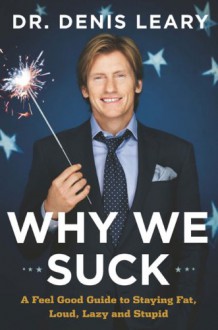
Opening Line: “O’Byrne and the men of Battle Company arrived in the last week of May when the rivers were running full and the upper peaks still held snow.”
Great cover on this, a haunting image and an equally powerful read. Written by Sabastian Junger (of The Perfect Storm fame) here he spends 15 months following a single platoon based at a remote outpost in Eastern Afghanistan. His objective is simple, to convey what soldiers experience, what war actually feels like.
Divided into 3 “books” Fear, Killing, and Love from the very first pages you are dropped right onto into the thick of it. Arriving on a remote hilltop in one of Afghanistan’s most dangerous outposts in the Korengal Valley, Junger gives insight into the truths of combat, how these soldiers live and what they see. He describes things that few civilians will ever witness or go through, the fear, the anticipation, the honor and the trust among men. Their outpost is inaccessible, hot, hilly, remote and mortally dangerous. It’s also home to (as I’ve come to understand) the ultimate testosterone filled boys club.
As with (The Perfect Storm) this is not so much a story or novel but a series of events (patrols/battles) tied together with the mechanics of war. How fast bullets travel, military strategy & history, studies on fear and courage and body armour. Lots of things you didn’t know you wanted to know. Junger also manages to get some fairly intimate stories from the men; and you do get a feel for them as they describe what it means to fight, why they’re serving, how they deal with boredom interspaced with sheer adrenaline, chaos and terror and how life will never be more pure or sharp than in that moment when there’s a good chance that you could die.
Between the sounds of gunfire and the agony of loss there are also some surprisingly funny moments, the jocularity and bromance of these guys who may not even like each other but would also die for their “brothers” It is the ultimate commitment not so much to their job but to each other.
Junger does spend some time (at the beginning and end) describing how the men are adjusting back to civilian life and I wish I could say something positive about that.
WAR is gritty, raw, eye opening, funny, adrenaline charged, futile and heartfelt.

 Log in with Facebook
Log in with Facebook 















